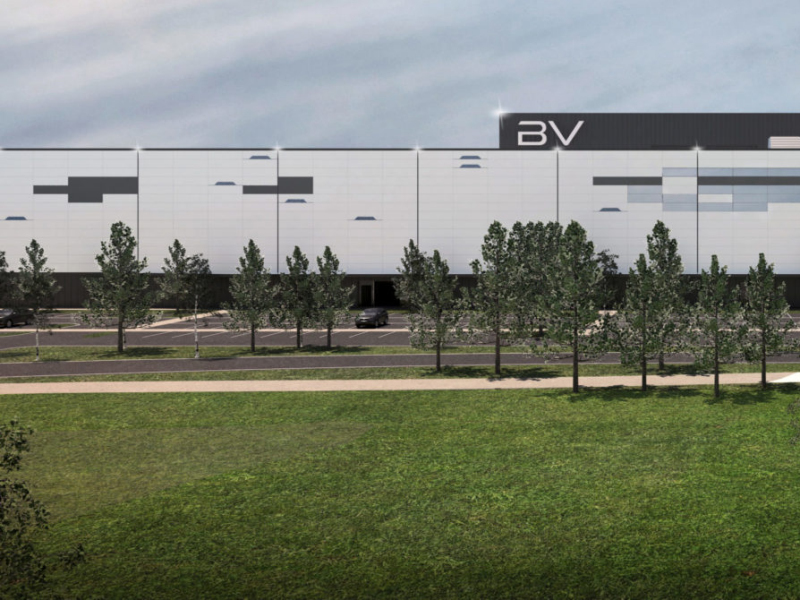
The R&D initiative announced and supported by Germany’s Federal Ministry for Economic Affairs and Climate Action is intended to demonstrate the development and management of digital identities for batteries for carbon footprint monitoring and lifecycle tracking.
In particular it is intended to inform the implementation of the EU’s forthcoming Battery Regulation, which is expected to be passed into law around mid-year, according to a statement.
The Regulation is intended to secure the sustainability and competitiveness of battery value chains with the massive growth in the use of batteries for decarbonising mobility. It requires battery passports that show the battery’s embedded CO2 emissions, compliance to ethical production standards and levels of recycled content and will apply to all batteries manufactured or placed in service in the EU.
Setting up is due by 1 January 2026.
The ‘Battery Pass’ initiative will be delivered by an 11-member consortium led by system change company SYSTEMIQ GmbH and including BMW and Audi and the battery companies Umicore and BASF as well as other research and technology organisations.
The digital passport technology will be implemented by the UK supply chain traceability provider Circulor on its blockchain technology, which is being utilised in use cases in the extractive industries and construction among others.
Circulor has received investments previously from Volvo and Mercedes-Benz on battery emissions and supply chain traceability.
The company also reports working with the UK lithium-ion battery producer Britishvolt to track their supply chains and emissions from the building materials of their factory to end-of-life disposal and/or reuse of battery materials – believed to be a first encompassing not only the supply chains for the batteries but the construction and maintenance of the facility as well as the related economic development impact on the local area.
“Batteries are valuable assets and giving them an identity will be key to achieving circular economies that deliver resource security and lower emissions,” says Circulor CEO and Founder Douglas Johnson-Poensgen.
“We are excited to contribute our know-how to building this battery passport demonstrator.”